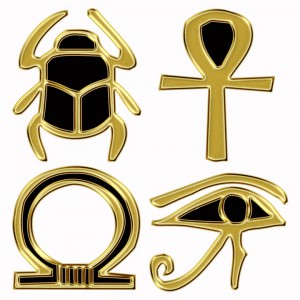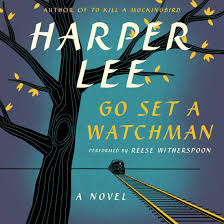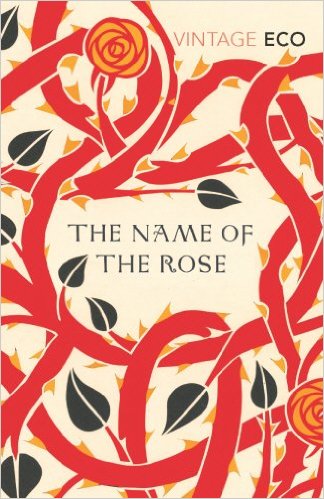|
by Rana Asfour I’ve been busy on a path of discoveries; I’ve discovered that I do have the courage, at my age, to own a sports car with red leather seating. I have discovered that I can write a full work of fiction – albeit a short story. I have discovered that humans can be immortal. After I read of the death of American author Harper Lee as well as Italian author Umberto Eco, who both passed away a few days ago, my first and frankly quite natural reaction was to rummage through my stacks of books for these authors’ works that I had tucked within my collection. Most recent, of course, was that of Lee’s ‘Go Set a Watchman’ and a less recent one that I owned by Umberto Eco, ‘The Name of the Rose’. As I read excerpts from both, it was hard to imagine that these brilliant writers could ever be truly silenced by an inconvenience such as death. As the words jumped out at me, I believed with all my heart that they were truly there and that their distinct voices spoke to me in the here and now reinforcing a life-long friendship that had sprung without ever a personal meeting or conversation having taken place. My memory strays to the time when I lost my father over ten years ago. Thinking back to that time, I now realize that he must have had a premonition that he wouldn’t be with us for long after his diagnosis, so he’d done the best thing he knew how to do to. He wrote us a letter; one we would find in his desk drawer a few days after he had passed. As heartbreaking as it was to find the letter, signaling a finality to an unbelievable truth the living are unwilling to accept when a loved one is taken from amongst them, and yet it was as comforting as any we could ever have hoped to receive.
‘Words are immortal’, Cornelia Funke once wrote and yet sadly many of us shy away from doing so believing it is the sole profession of writers to do so. And yet we, as humans, are natural communicators, who have from the beginning of time used the written form in one way or another to document who we are and where we come from, to establish identity and to discover meaning. We write to understand and to be understood. We write as a form of therapy and relief, to entertain and to sadden. We write for personal fame or to change the world. We write for immortality. And as refreshing as my discovery is to myself regarding the immortality of authors, it is hardly new. According to Wikipedia, The Immortality of Writers is an Ancient Egyptian wisdom text likely to have been used as an instructional work in schools. It is recorded on the verso side of the Chester Beatty IV papyrus (BM 10684) held in the British Museum. The scribe advises that writings of authors provide a more sure immortality than fine tombs. The text is dated to the transition period between the19th dynasty and the 20th dynasty. ‘...Those writers known from the old days, the times just after the gods. Those who foretold what would happen (and did), whose names will endure for eternity. They disappeared when they finished their lives, and all their kindred forgotten. They did not build pyramids in bronze with gravestones of iron from heaven. They did not think to leave a patrimony made of children who would give their names distinction, rather they formed a progeny by means of writing and in the books of wisdom they left... They gave themselves [the scroll as lector]-priest, the writing board as loving son. Instruction are their tombs, the reed pen their child, the stone surface their wife…Man decays, his corpse is dust. All his kin have perished; But a book makes him remembered through the mouth of its reciter. Better is a book than a well built house…
0 Comments
Your comment will be posted after it is approved.
Leave a Reply. |
Archives
March 2021
|







 RSS Feed
RSS Feed
